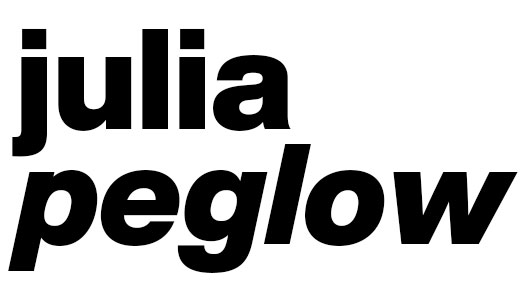An all time classic
It’s kind of odd. Reviewing books that have truly inspired and influenced me is something I tend to postpone on my list of potential blog posts. Probably because it’s challenging to sum up so much wisdom. And because there’s so much to say about them. That’s exactly the case with Stephen R. Covey. And I’m not the only person to say so. His book The 7 Habits of Highly Effective People, first published 1989, has sold over 25 million copies, making it one of the most successful business books of all times. An acquaintance of mine from Seattle recently told me that basically every American college graduate has read it. I came across the book while listening to an episode about Frank R. Covey on my favourite podcasts On the Way to New Work.
A super system of human relationships
Despite the tendency of the publishing industry to categorize by subject and topic, The 7 Habits is not merely about business. It’s a universal book about principles: how to deal with yourself (Part 1 of the book) and how to deal with others (Part 2). Some of them are not exactly new, some of them our mothers repeated to us a thousand times growing up (»begin with the end in mind«), but bringing them all together in a coherent system and applying them to the all areas of life makes The 7 Habits a real stroke of genius.
Covey went on to build an entire international management and coaching consultancy around these principles, FranklinCovey, which operates today in 150 countries worldwide.
Why it’s still relevant today
In times of change people automatically pull out old manifestos and ask themselves if they still apply. Why is that? Because in times of change people crave principles they can rely on, principles that stay the same forever and ever. The times we live in are marked by a profound paradigm shift: the transition from the industrial to the digital age. Real-time communication, continuous improvement and the exponential speed of technological advancements do more than just disrupt business models and take their toll on our work days. The convulsion goes deeper as some sort of a traumatic experience affecting a whole generation, people in their 30s, 40s and 50s today. Everything we learnt growing up no longer applies to the world we currently live in. Now the good news: there are universal books like The 7 Habits that indeed are still relevant today, and it’s comforting to read them.
First things first
One example is Stephen Covey’s simple habit No. 3: »Put First Things First«, about principles of meaningful time management. Don’t roll your eyes. I can’t think of a single person I know, myself included, in the business world who doesn’t constantly struggle with concentrating on what’s truly important in his or her daily work. Covey’s deep question in his introduction to the chapter is »What one thing could you do (you aren’t doing now) that if you did on a regular basis, would make a tremendous positive difference in your personal life?«
Today we are driven by a customary business paradigm that praises efficiency and working away according to our daily schedules and calendar. Stephen Covey’s wise words are »The efficiency focus creates expectations that clash with the opportunities to develop rich relationships, to meet human needs, and to enjoy spontaneous moments an a daily basis«, and »Rather focusing on on things and time, (…) focus on preserving and enhancing relationships and accomplishing results.« He also offers practical tools like the Time Management Matrix with its four quadrants.
Success comes from within
What I like best about Stephen Covey is his wise, philosophical ability to see the big picture and see ahead: his holistic view of professional and private spheres. I have always experienced the business world as some sort of closed system that doesn’t acknowledge there’s also a life outside. A sick kid doesn’t really fit into the equation. »Many people seem to think that success in one area can compensate for failure in other areas of life. But can it really? Perhaps it can for a limited time in some areas. But can success in your profession compensate for a broken marriage, ruined health, or weakness in personal character? True effectiveness requires balance, and you (…) need to create and maintain it.«





